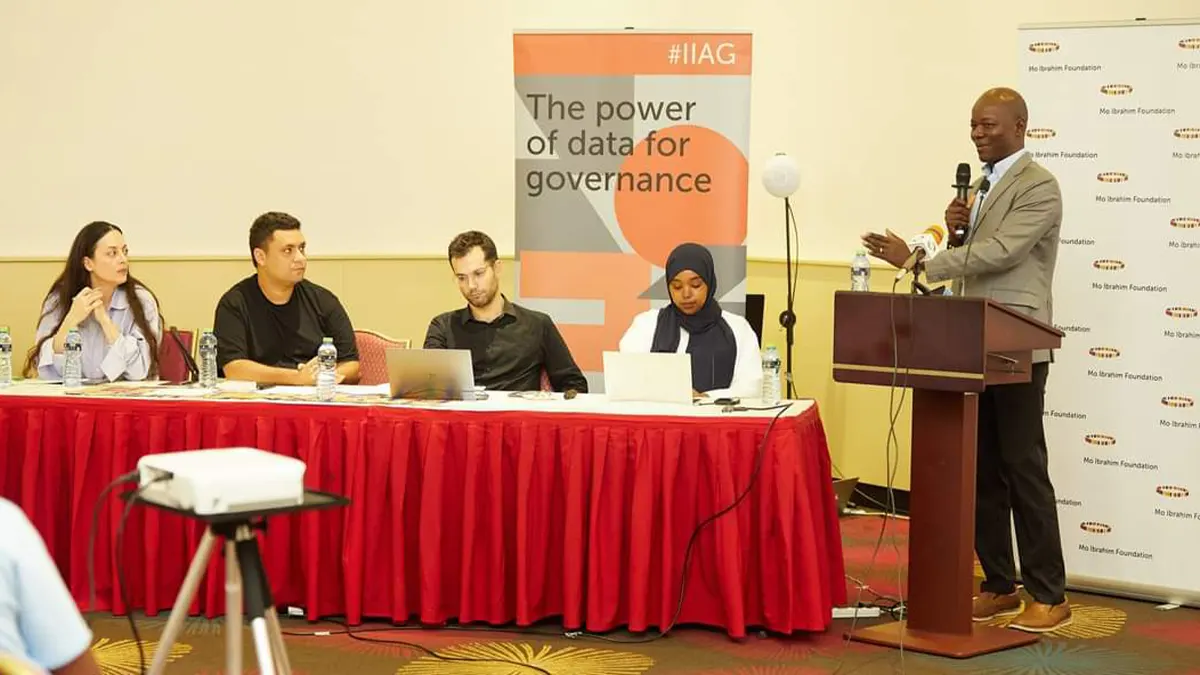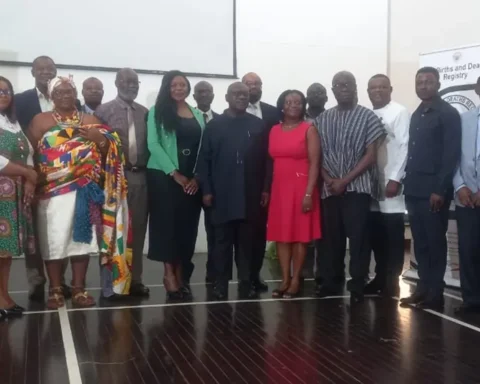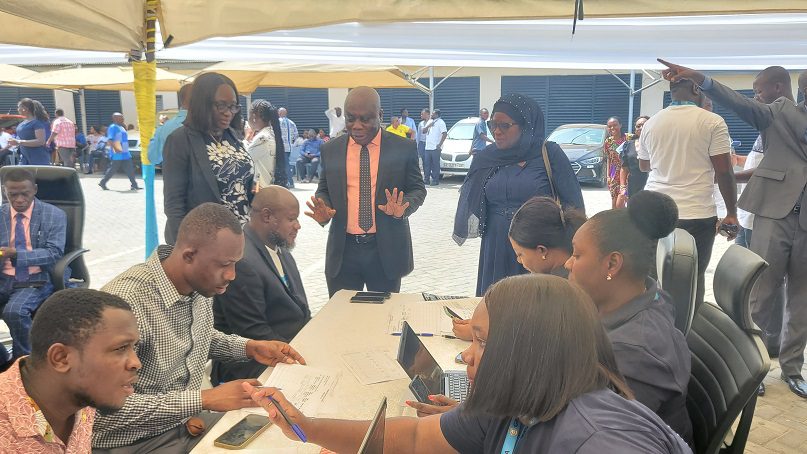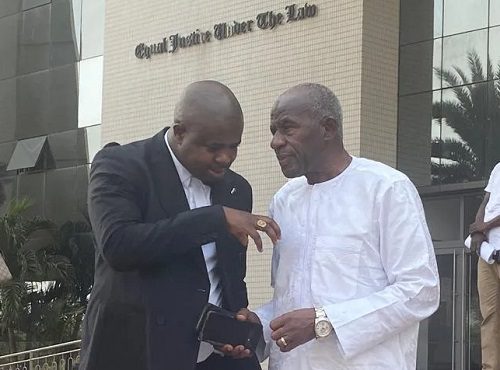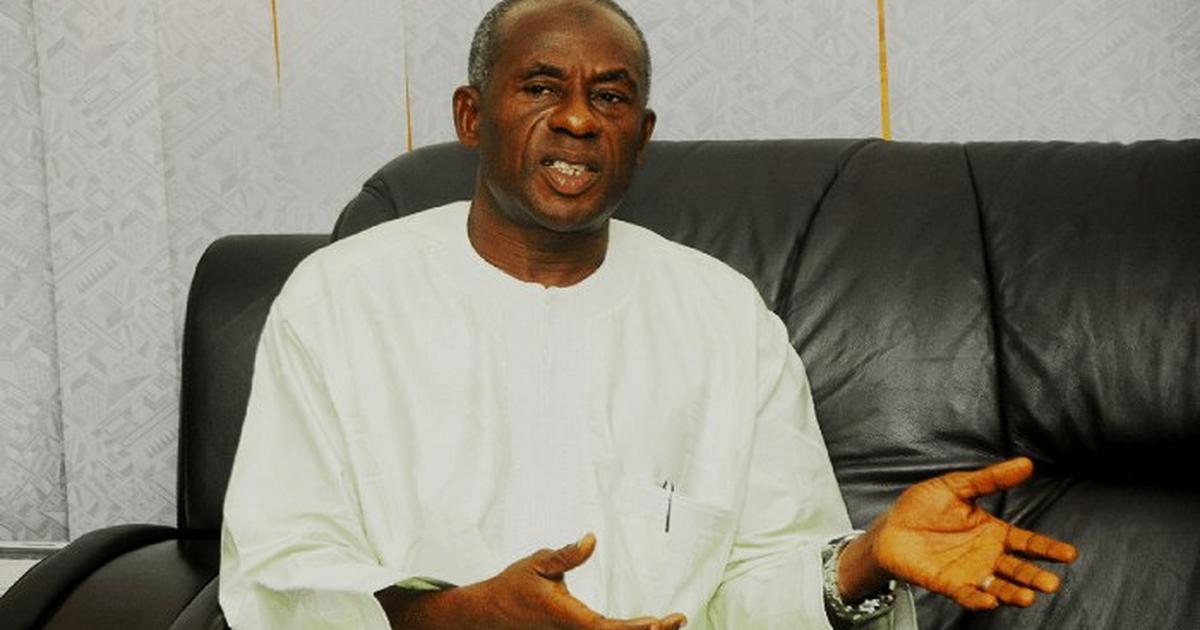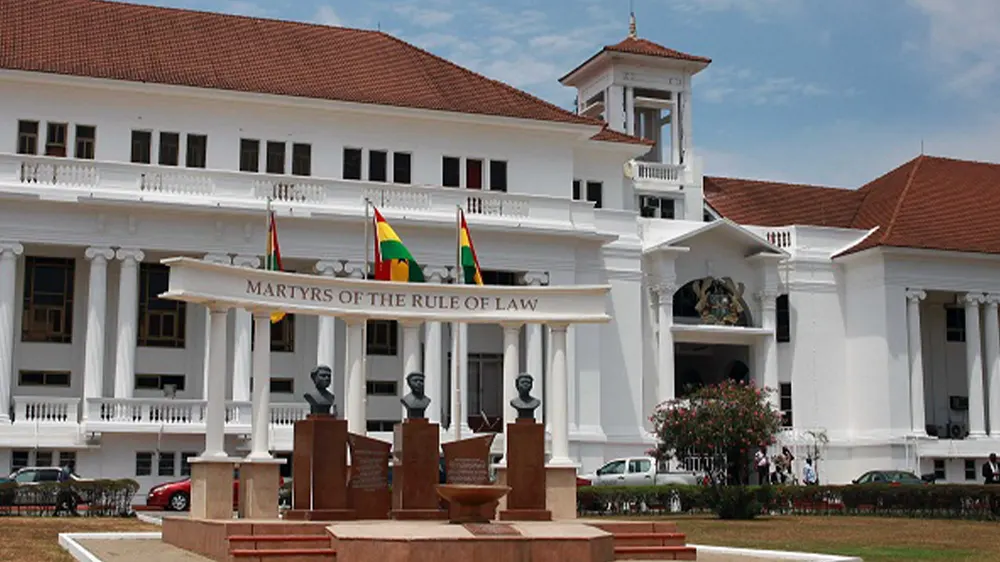The Mo Ibrahim Foundation (MIF) launched its 2023 Ibrahim Index of African Governance (IIAG) report on Monday, revealing that data gaps pose a significant hindrance to Africa's development agenda. The report, titled “The Power of Data for Governance: Closing data gaps to accelerate Africa's transformation,” was unveiled in Accra at an event co-hosted by MIF and Afrobarometer.
Sound data, according to the report, plays a crucial role in Africa's governance and development agendas. It is vital for driving progress, assessing government performance, setting policy priorities, and ensuring trust in governments. The analysis drew from the 2022 IIAG dataset, indicating a robust positive correlation between access to high-quality statistics and effective governance across African countries from 2012 to 2021.
However, the report underscored that Africa remains the continent most impacted by data gaps globally, particularly in civil registration and vital statistics. Many African countries lack crucial data, including population censuses and birth and death registration, which are fundamental building blocks for defining public policies.
Even in areas where progress has been made, the report highlighted critical governance data gaps on issues such as health structures, the informal economy, the environment, violence against women, child labour, and illicit financial flows. The underfunding of data poses a serious challenge globally, with statistics receiving only 0.34% of total Official Development Assistance (ODA). In Africa, ODA received for data and statistics has nearly halved between 2018 and 2021.
To address these challenges, the report outlined essential strategies to enhance data impact and accelerate development progress on the continent. These strategies include ensuring the independence of National Statistical Offices, harnessing alternative data sources like citizen-generated data and private company data, and leveraging technologies such as Artificial Intelligence and machine learning.
Mo Ibrahim, Founder and Chair of the Mo Ibrahim Foundation stressed the importance of data for Africa in achieving key development and policy agendas. He emphasized that without data, policies are misdirected, and progress on the road to development is stunted. Urgent action is needed to close the data gap in Africa for the successful implementation of both the African Union's Agenda 2063 and the UN's Sustainable Development Goals.
Joseph Asunka, Chief Executive Officer of Afrobarometer, commended MIF for its 2023 report, emphasizing the importance of data to Africa's development agenda. He reiterated that data enables people to make informed decisions.
The launch in Accra followed a two-day meeting of the IIAG Expert Panel. The renewed advisory body meets annually in different African countries for in-person consultations on the IIAG. Since its inception, MIF has been a strong supporter of Afrobarometer, the leading African research institution conducting public attitude surveys on the continent. Afrobarometer provides the Citizens' Voices dataset, complementing the IIAG dataset.
